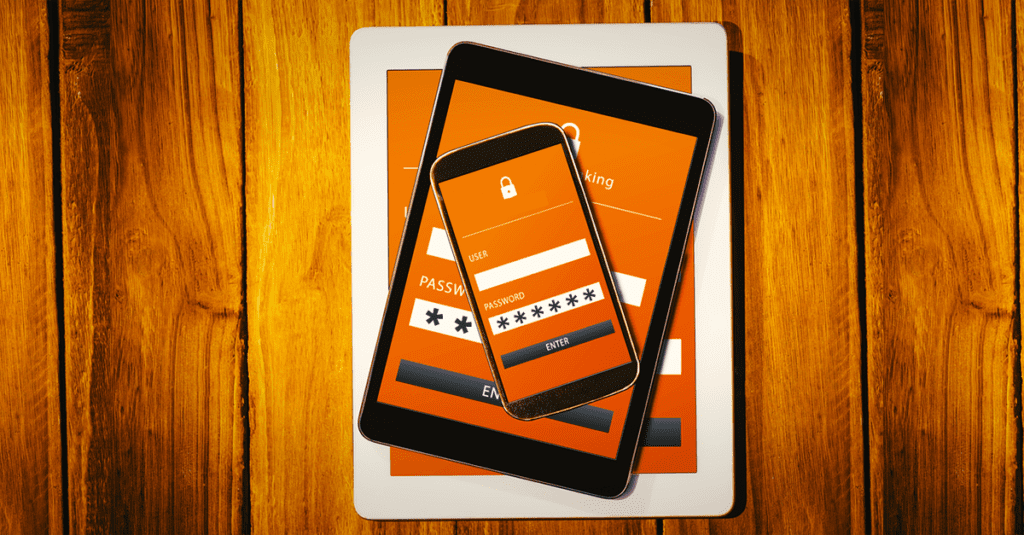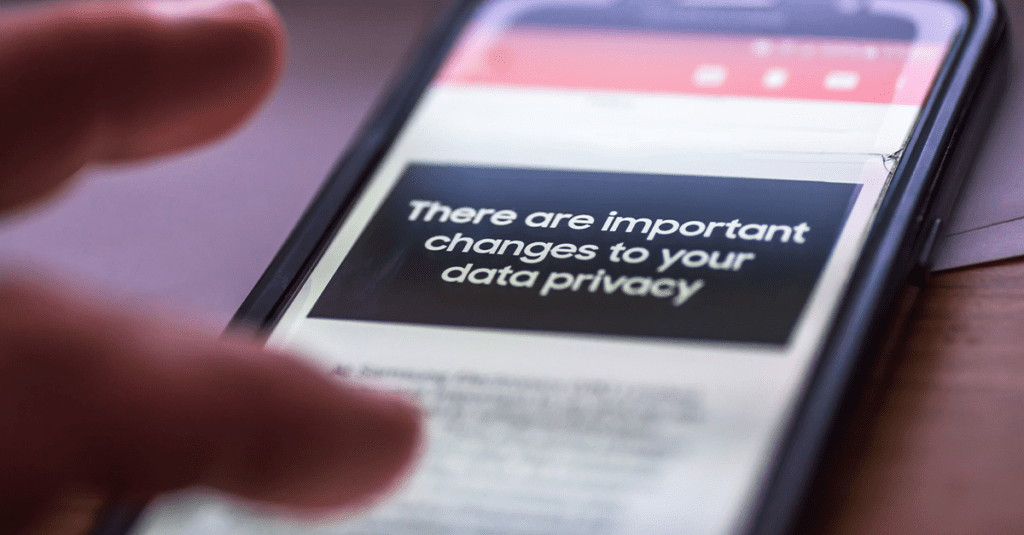
Understanding the Functions and Advantages of a Managed Security Operations Center (SOC)
Learn about the functions of a SOC, including a walkthrough of how it would handle a ransomware attack.
Read More
Learn about the functions of a SOC, including a walkthrough of how it would handle a ransomware attack.
Read More
Solve data breach mysteries (virtually) with renowned experts at Cyber Tri Fecta Capture the Flag, 8/11 – 13. See how this event can boost your business and reserve one of our last spaces!
Read More
Why should you virtually attend Connect IT August 24 – 27? Here are 3 major opportunities that you’ll only have at Connect IT that you don’t want to miss!
Read More
In 2014, Apple’s introduction of the iPhone 6 was more than just an exciting iteration of its flagship product – it was the launch of Touch ID. This blockbuster device ushered in a new era of widespread biometric data use for the layman. Fingerprints had replaced passcodes as device gatekeepers, charged with protecting the most important, sensitive information.
Read More
As companies collect and store more and more personal information, they face data privacy risks on many fronts. Increasingly, they are being held accountable for protecting their customers’ digital privacy. New regulations, led by Europe’s General Data Protection Regulation (GDPR) in 2018, are quickly becoming normative in countries around the world. In total, 58% of all countries have some form of privacy regulations on the books, and another 10% are drafting legislation.
Read More
Data privacy regulations are quickly becoming par for the course in countries around the world, each one bringing new, nuanced responsibilities for companies to follow. While Europe’s expansive General Data Protection Regulation (GDPR) and California’s Consumer Privacy Act (CCPA) have made most of the headlines, we are just months away from the latest privacy regulation, New York’s “Stop Hacks and Improve Electronic Data Security (SHIELD) Act.”
Read More
Good password hygiene is one of the easiest ways for businesses and consumers to protect their accounts from the millions of attacks threatening personal data every day.
Read MoreSince the start of the new year, we’ve been sifting through billions of compromised email addresses and passwords found on the Dark Web looking for interesting trends in password behavior. Rather than just give you the top 10 passwords to avoid, we wanted to take a closer look at user behavior when creating passwords and how those behaviors lead to predictability and potential exploits. Passwords are often deeply personal expressions of oneself with the goal of making them easier to remember. However, remembering which password is which is becoming increasingly difficult in our hyper-digital daily lives. In fact, it is estimated that average US adult has between 90 and 135 different applications that require a set of credentials (typically a username and/or email address and password combination) for access.
Read More
After years of seemingly unending data privacy violations, governments around the world have begun enacting regulations intended to bolster personal privacy in the digital age. Most prominently, in 2018, Europe’s General Data Privacy Regulation (GDPR) set a new standard for data security, prompting companies around the world to take the issue more seriously by instituting financial penalties against organizations that fail to protect their customers’ data. In the US, California’s Consumer Privacy Act is scheduled to go into effect on January 1st, 2020, bringing comprehensive regulation to the US and further promulgating the legal ramifications of data security standards. In total, 58% of all countries have some form of privacy regulations on the books, and another 10% are drafting legislation. These laws are intended to support rapidly shifting consumer sentiments that value data protection and personal privacy, two priorities that have gone wildly adrift in the digital age. Unfortunately, despite their best intentions, there is growing evidence that privacy laws aren’t improving consumer confidence in data security. In response, every company should be mindful of this attitude, as it will inevitably shape the business landscape for years to come. Consumers Don’t Trust Companies Until recently, digital platforms participated in a quiet arrangement with their customers who gained free access to platforms in exchange for copious amounts of personal data. Today, that information is some of the most valuable in the world, often compared to digital gold, which companies deploy to provide targeted advertising and other personalized services that drive their bottom lines. However, today’s consumers are well-aware of this arrangement, and many are fighting back. For example, after Facebook’s now-notorious Cambridge Analytica scandal, nearly half of users aged 18 – 29 deleted the app from their phones, signaling a distrust of the platform’s data management standards and disgust with its practices. Moreover, after a data breach, 81% of consumers indicated that they would stop engaging with a brand online, and many consider cybersecurity a prerequisite for making purchases.
Read More
Over the past several years, holiday shopping trends have shifted significantly. Standing in long lines or driving to crowded malls has been replaced by browsing on social platforms and entering discount codes at website checkouts. This year, Cyber Monday online sales hit an all-time high, reaching a nearly 20% year-over-year increase with online shoppers spending $9.4 billion. However, the allure of single-day shopping sprees has been extended to encompass a full season. Since November 1st, shoppers have spent a record-setting $81.5 billion. In the days and weeks ahead, the figures will continue to add up as the shopping boon crescendos on Christmas and continues for weeks to come. While this is excellent news for SMBs, bad actors have also taken notice. Hackers are zeroing in on this holiday shopping season as the perfect opportunity to siphon off money and credentials from unsuspecting consumers and unprepared companies. Fortunately, neither party is defenseless in this regard. Follow along to learn how we can work together and protect our privacy and security this holiday season, keeping spirits high to usher in 2020. Shoppers Beware 2019 is on pace to be the worst year yet for data breaches, and hackers are capitalizing on the treasure trove of information available from these events to execute phishing scams targeted at shoppers. In November, the number of e-commerce phishing URLs accessed or sent via email spiked . Already, instances of this malicious activity are up 233% since November 2018. Amidst the slew of holiday deals, it’s easy for cybercriminals to send phishing links or exploit shoppers with seemingly valid websites that deploy hallmarks of internet security, like HTTPS encryption. In 2018, the risk was so severe that the Cybersecurity and Infrastructure Security Agency issued a warning to consumers, urging them to “be cautious of unsolicited emails that contain malicious links or attachments with malware, advertisements infected with malware, and requests for donations from fraudulent charitable organizations, which could result in security breaches, identity theft, or financial loss. Collectively, these threats increase the impetus for consumers to be vigilant about evaluating their digital communications during the busy holiday shopping season. Moreover, they should protect their accounts using strong, unique passwords while enabling two-factor authentication whenever possible. It’s estimated that the vast majority of consumers, as many as 66%, use weak passwords to protect their accounts, and more than half use the same password across multiple logins. In other words, simple password management is a foundational practice for guarding against cybercrime and stopping the Grinch from finding his way to the presents underneath your Christmas tree.
Read More